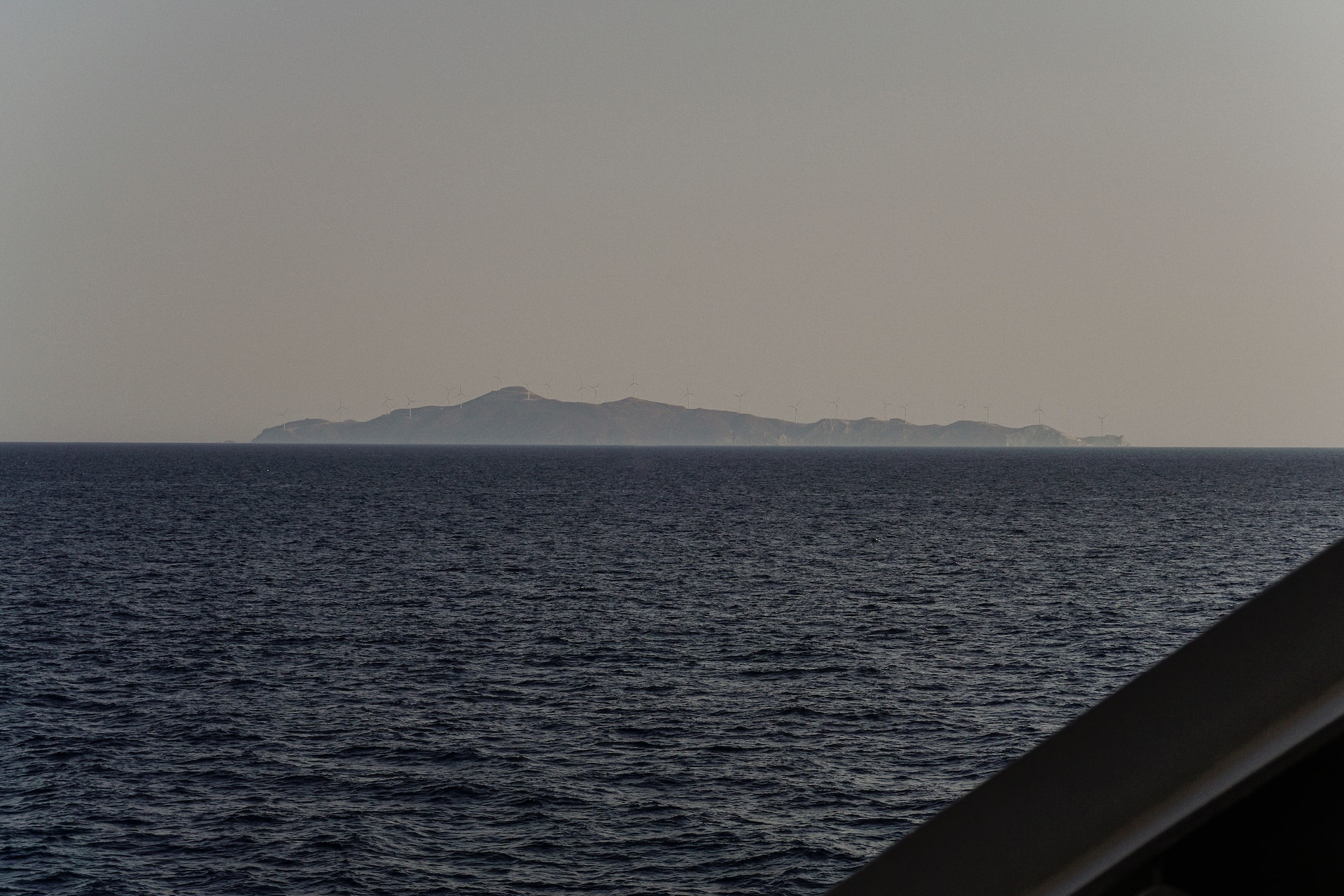Greek Prime Minister Kyriakos Mitsotakis, in a solemn declaration, has proclaimed a “war” on climate change following an unprecedented summer of environmental disasters that battered the Mediterranean nation. Wildfires and floods have wreaked havoc, leaving a trail of destruction and a nation grappling with its ramifications.
A Series of Unfortunate Events
The scars left behind by the climate crisis are visible throughout Greece. In August, the country witnessed a catastrophic wildfire in the north-eastern Evros region, marking it as the largest single fire event in the European Union’s history, claiming 26 lives. As if the country hadn’t endured enough, Storm Daniel subsequently unleashed its fury on the central Thessaly plain, resulting in at least 17 fatalities before the storm moved to target Libya.
Political Backlash Amidst Crisis
Prime Minister Mitsotakis has not been shielded from criticisms in the wake of these crises. Opposition parties argue that flood prevention measures were not adequately implemented, especially given the similar flooding events in Thessaly the previous year. Meanwhile, environmentalists and climate activists point fingers at Mitsotakis, suggesting his perceived lax stance on environmental policies contributed to the disasters.
The Prime Minister, in a stirring address at the Thessaloniki International Fair, stated, “Greece is facing a war in a time of peace. Over a fortnight, we’ve seen the worst wildfire and floods in our history. The climate crisis is upon us, compelling us to reevaluate our approach.”
A Nation’s Battle Plan Against Climate Catastrophe
In the aftermath of the tragedies, wildfires have charred over 378,000 hectares of land, obliterating wildlife habitats, homes, and businesses. The subsequent floods claimed the lives of 110,000 farm animals, crippling approximately a quarter of Greece’s agricultural yield.
Seeking to rectify the perceived shortcomings in disaster management, the recently elected conservative government, under the leadership of Mitsotakis, has made significant announcements. Addressing his critics and the nation on 16th September, Mitsotakis unveiled measures that signal the nation’s intensified commitment to battling the climate crisis:
- Increased Budget for Climate-related Disasters: The fund for addressing natural calamities linked to climate change will witness a twofold increase, swelling to €600 million, to be financed by levies on luxury hotels.
- Insurance Incentives: A 10% discount on property insurance tax and mandated insurance for medium and large enterprises was announced, hinting at a potential public debate on compulsory insurance for all residences and businesses in the nation.

However, not all propositions were met with unanimous approval. A particularly controversial move involved transferring control of the National Weather Service and the Observatory to the Ministry of Civil Protection. This shift, following criticisms from government officials about the data from these previously autonomous entities, has been denounced by the opposition party, Syriza. They argue it’s an attempt to muzzle scientists who are sounding the climate change alarm.
Conclusion: A Nation at a Crossroads
As Greece emerges from a challenging summer, its leadership’s decisions will play a pivotal role in shaping the country’s future in an era of undeniable climate change. While the government’s recent announcements are steps in the right direction, only time will tell if these measures are enough to safeguard Greece from the looming climate threats ahead.
©globalgreenhouse.eu

